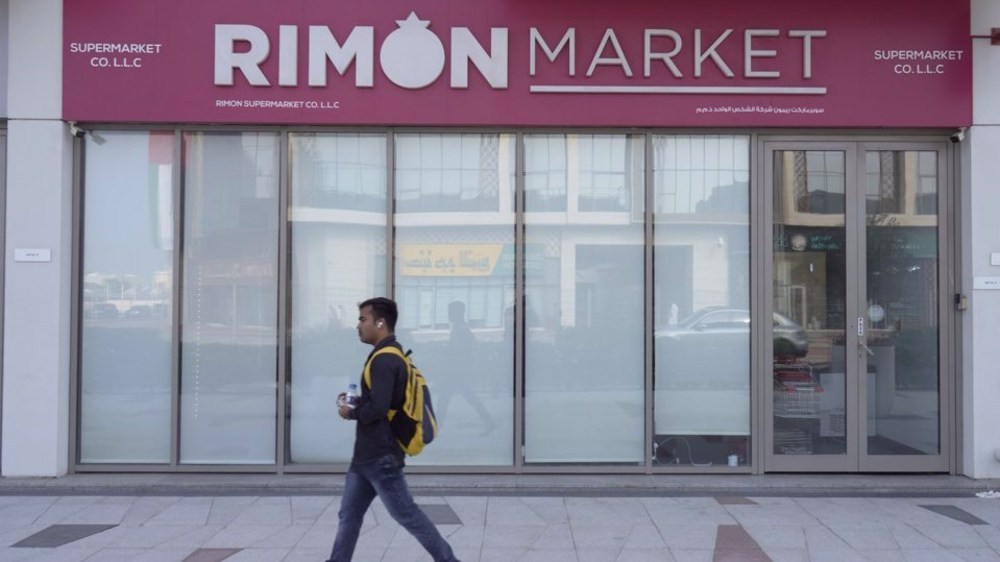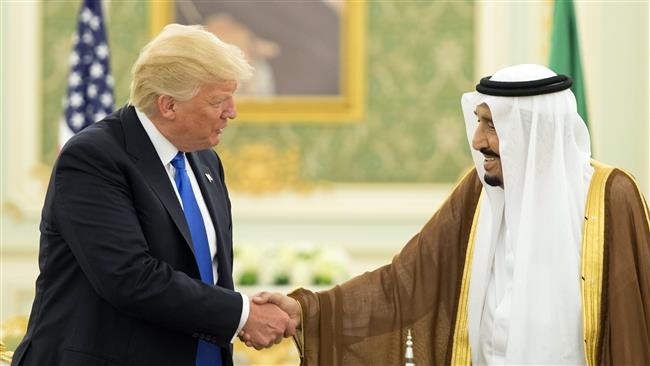Bahrain police detain 49, charge 290 in mass crackdown
Militants after ‘peace’ with Israel: HTS official
Hamas: Israel’s raid on Kamal Adwan Hospital ‘war crime’
VIDEO | TELECOM 2024 brings together ICT firms in Iran
South Korea’s parliament impeaches acting President Han Duck-soo
Iran FM in China for 'more consultations' amid 'sensitive' circumstances
VIDEO | Israel, worried about ...
VIDEO | Press TV's news headlines
Settler fatally stabbed; five Israeli soldiers killed, injured in Jabalia


















 This makes it easy to access the Press TV website
This makes it easy to access the Press TV website